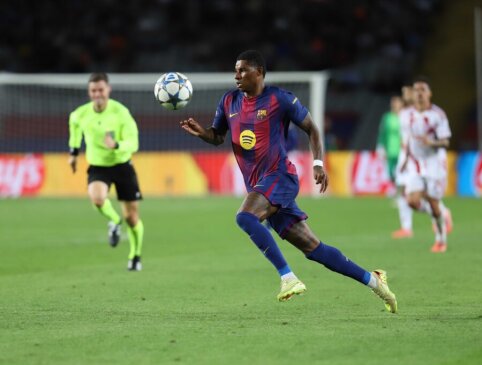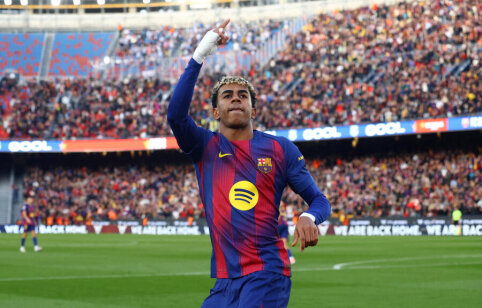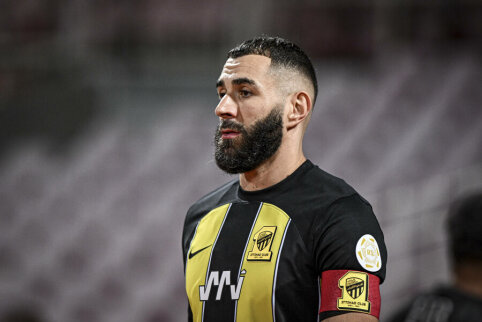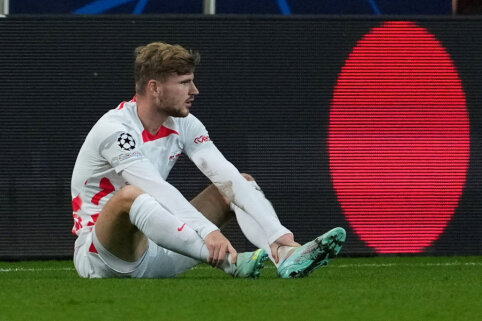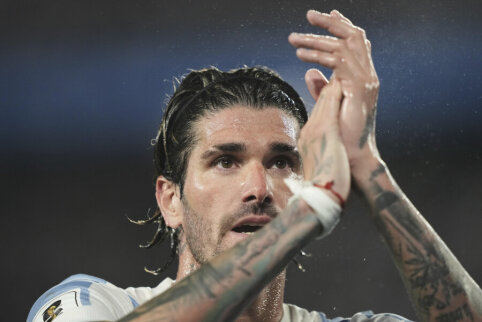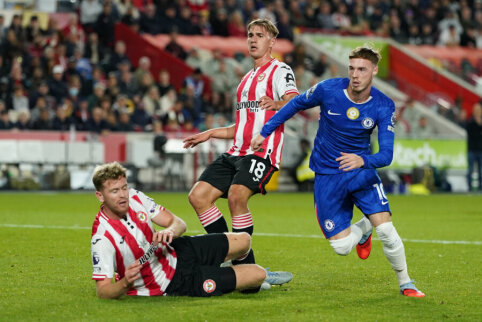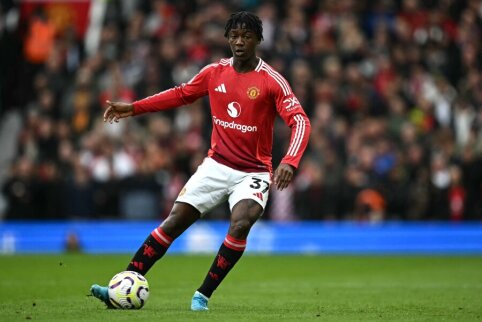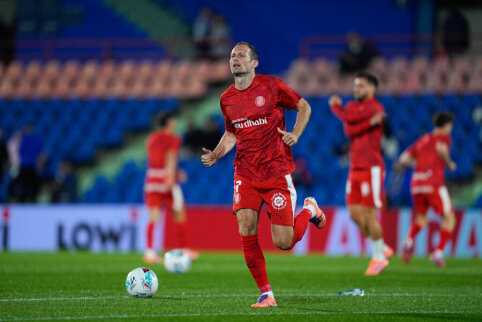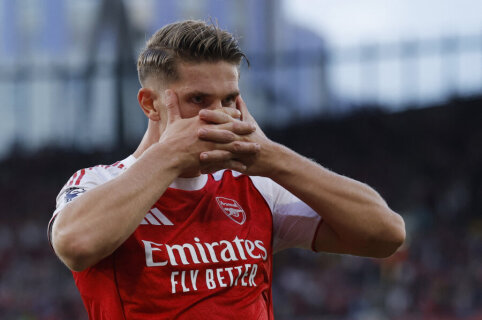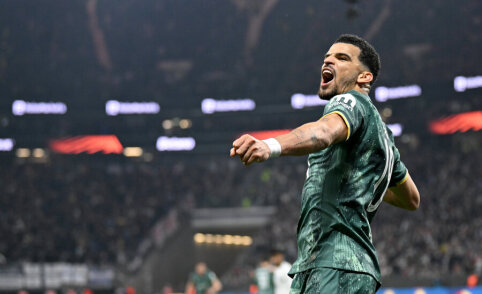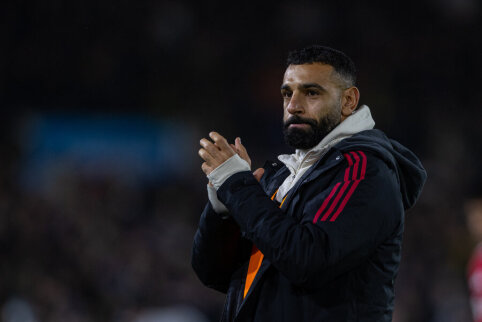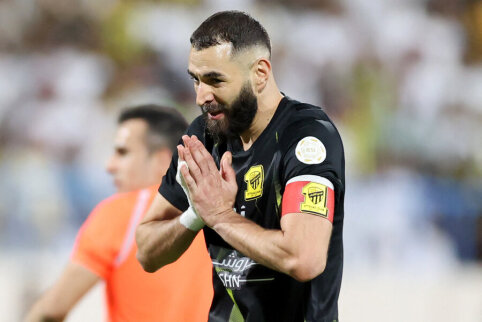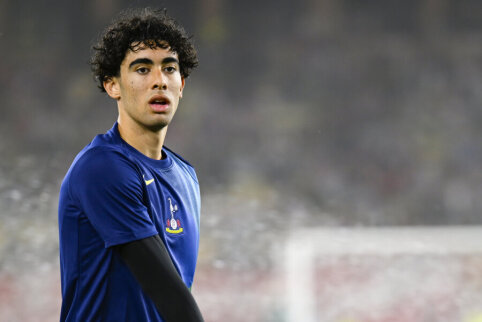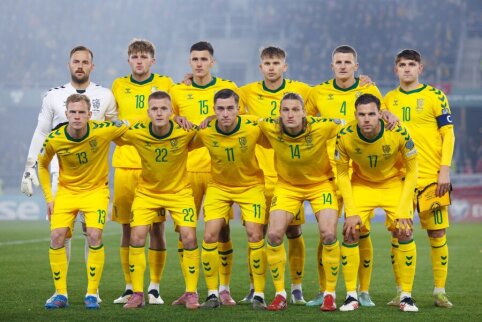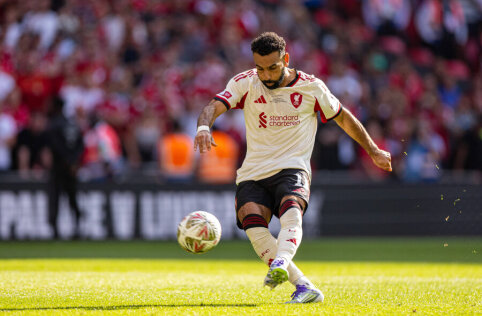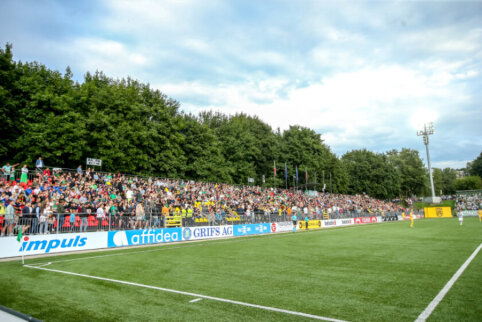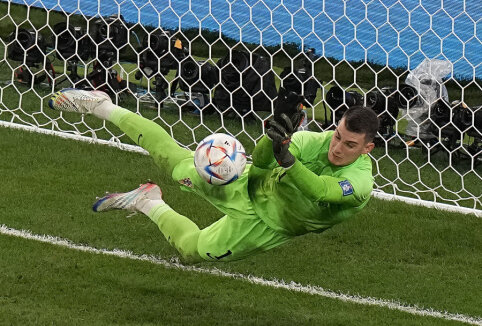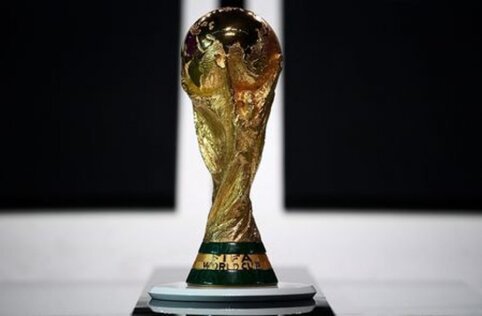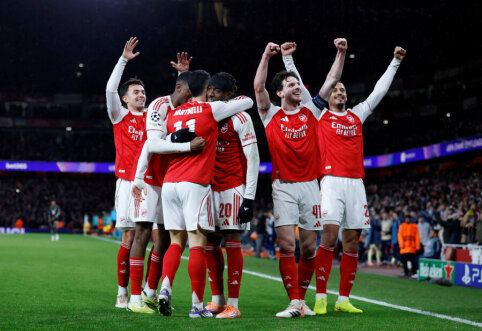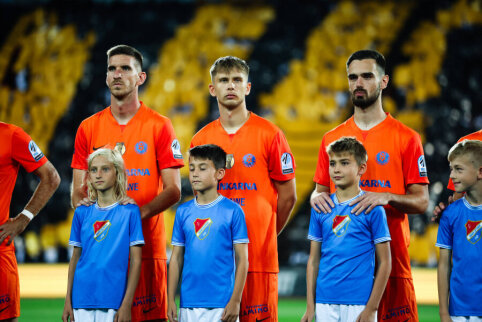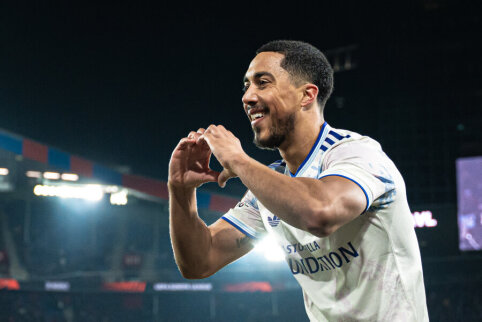 © EuroFootball.com
© EuroFootball.com
During the summer, Lithuanian coach Valdas Dambrauskas, currently living in England, contacted the EuroFootball.com portal. He was given the opportunity to work at a children's training camp. Valdas happily described his experiences working as one of the coaches for one of the world's most famous football clubs' children's teams. EuroFootball.com presents his story:
For the fifth consecutive summer, the small town of Denstone in the middle of England becomes the football capital for kids around the world. The "Manchester United" football club chooses its football school (Manchester United Soccer School - MUSS) to be located in this picturesque area. With 10 excellent grass pitches, one artificial turf field, 20 tennis courts, two sports halls, and a pool, no one gets bored here. This football paradise was where I spent four weeks this summer working as a coach at MUSS. MUSS conducts a very strict selection process for its staff. My UEFA "B" Part 1 coaching qualification and work experience only just met the minimum requirements of MUSS. After lengthy correspondence, verbal and practical interviews, and verification of all previous workplaces and educational institutions both in Lithuania and England, I received a congratulatory letter confirming that I was accepted to work as a coach.
This year, MUSS school was divided into two parts: the junior school (6-11 years old) and the senior school (12-16 years old). I worked with the senior children's groups. MUSS expands every summer, and this year representatives from 30 countries gathered here. I worked with the sixteen-year-olds during the first week. In a group of 16 players, there were representatives from 15 countries such as Lebanon, Mexico, Venezuela, Brazil, Indonesia, Macau, Malaysia. The coaches had quite a challenging task. Some children arrive already being mature players, competing in professional club schools or academies. However, there were also children who had difficulty hitting the ball. Planning training sessions was truly challenging because they had to be tailored to everyone. Large cultural differences had to be taken into account, as well as not everyone understanding English equally well. In the third week, I had to be a coach for a group from Iceland. Working with these young people was a real pleasure. Discipline, behavior, respect, and enthusiasm were remarkable.
The organization, as befitting a club like "Manchester United," was top-notch. MUSS is rightfully considered one of the most advanced not only in Europe but globally. And so, the already high level of training is sought to be raised even higher. Training fields, balls, portable goals, mannequins depicting "Manchester United" players, free-kick walls, various barriers, agility ladders, and many more training tools make training perfect. Every session had its theme. For example - defensive principles, dominating 1 on 1, team ball control, counter-attacking, shooting, combination play, and so on. The progress of the players was evaluated every day with tests. Each test had a separate full-size football pitch assigned. Here, with the help of special equipment, players could assess their abilities: R. Keane's short passing, R. Ferdinand's long passing, R.v. Nistelrooy's shots at goal, P. Scholes' ball control, and R. Giggs' dribbling tests. In each group, a winner was determined, who would advance to the final for the entire school. Once a week, matches were played against the local team. They elicited the most emotions because the children were given perhaps the only opportunity in their life to play for "Manchester United." The preparation for these matches took place like in a professional team. Light morning training, lunch, tactical sessions, rest, matches.
During breaks between training sessions, lifestyle, tactical, and "Manchester United" history seminars were held. The children had time to play tennis, squash, basketball, or swim in the pool. The freestyle football contests also attracted a lot of participants, where various ball control tricks were demonstrated in groups or individually, according to the sounds of music. Every Thursday, the impressive tour around "Old Trafford" stadium and the "Manchester United" club museum marked the culmination of the football week.
No one from MUSS left without prizes. The best received "Manchester United" player shirts with the autographs of R. Van Nistelrooy, D. Fletcher, and P. Scholes.
The coaches' workdays were quite intense. Planning training sessions, preparing pitches filled almost all free time between activities. However, working with other experienced coaches provided a lot of benefits and ideas. The work of each specialist was observed and evaluated. This was done by very experienced UEFA "A" qualified coaches with 40 years of work experience. Their observations, advice, were extremely valuable. Watching training from a distance, usually from 100 meters away, they noticed details that we sometimes overlooked while working on the pitch.
This camp was an extremely good experience that will be very useful in the future. After this, I received a recommendation to start courses for a full UEFA "B" qualification. The work at MUSS will also continue. This fall awaits the so-called "road show," where MUSS organizes two to three-day camps in different English, Welsh, Scottish, or Irish cities.
